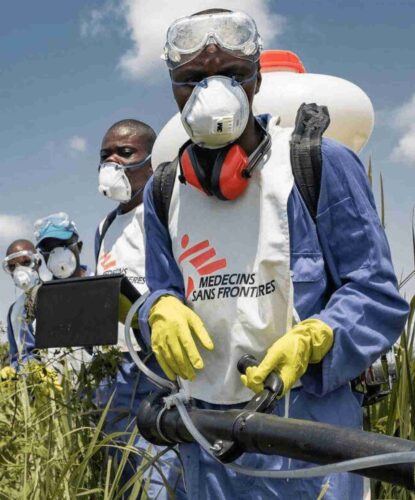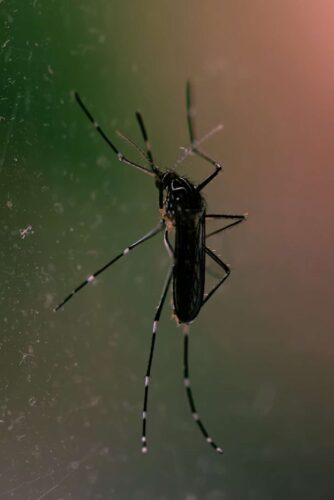
Climate Change Governance and Policy
Unveiling The Malaysia Pavilion at COP30, Championing Climate Action, Resilience, And Sustainable Growth
• News
Explore Planetary Health
Browse or search our curated collection of research articles, tools, videos, and other Planetary Health resources. Featuring approximately 2,000 research articles and additional tools spanning a variety of thematic areas, our library has information on Planetary Health for every audience — whether you’re exploring the field for the first time, an educator hoping to engage Planetary Health in your classroom, a seasoned scientific researcher, or someone looking to making a difference in your community and in the world. New resources are added every month.
Contact us to suggest items to add to our library and sign up for our newsletter to receive updates on the latest additions.
All Resources
Climate Change Governance and Policy
• News
Climate Change Collaboration and Partnerships
Despite the well-documented health impacts of the climate crisis, health has long been sidelined in UN climate negotiations. COP30 offers a critical opportunity to elevate health considerations—especially for at-risk groups, including Indigenous and local communities—and ensure they are centered in climate decision-making.
• News
Infectious Diseases Climate Change
Despite the Rockies being cold and dry typically, mosquitoes carrying dengue are invading Colorado, New Mexico, Utah, and Idaho as climate change warms the area and lengthens the mosquitoes’ breeding season, posing a threat to local communities.
• News
Climate Change Governance and Policy
• Policy Briefs
Life Stage and Reproductive Health Mental Health
Climate change affects young people’s health more than adults’, yet teens often have few chances to take action. The findings suggest that for adolescents, feelings of worry and constant thinking about climate change can actually strengthen their environmental concern, underscoring the need to give them more opportunities to act.
• Research & Reports




